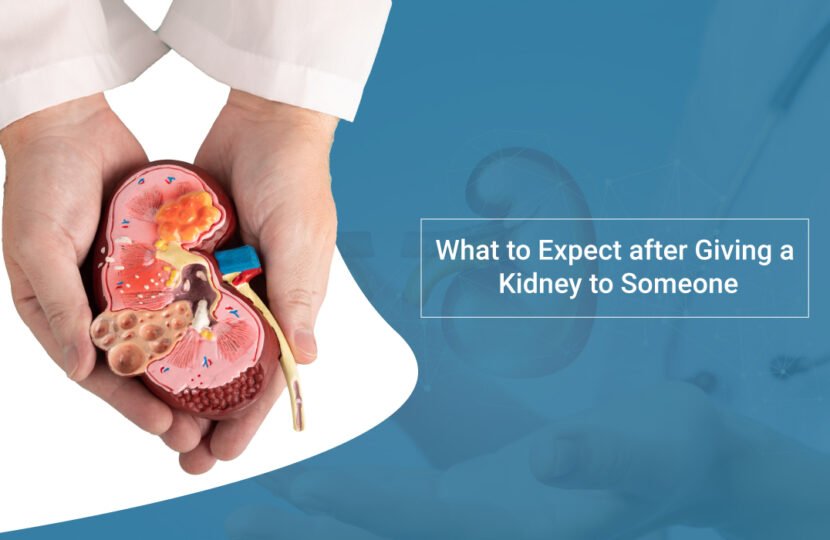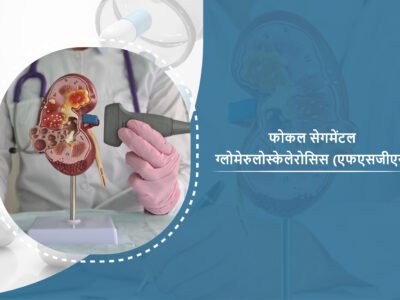How much time does it take to recover to normal life after donating a kidney?
If you are worrying about the side effects of kidney donation and wondering how your life will be affected after it, you should first start learning about the recovery period after kidney donation.
Before going to the questions of risks of kidney donation, you should know that there is a minimal stay of 1 to 4 nights after kidney donation at the hospital. Although the period of this stay depends upon the individual’s capacity to recover and the method used for kidney donation, the average period of stay at the hospital remains the same. It is very wise to ask your kidney transplant team about your recovery rate and the average period for your own recovery time because donors are always evaluated before the procedure by the practitioners for things ranging from the risks of kidney donation to the recovery period.
The most general side effects of donating a kidney felt just after leaving the hospital are:
- Feeling the urge to scratch
- Soreness
- Sensitivity to pain at the area of incision
Although these symptoms can be counted as kidney transplant side effects for the donor, they cannot be included in the risks of kidney donation because it is very common and harmless to feel these things after going through a traditional method used for kidneys.
It is suggested to avoid certain things for your recovery period of life after donating a kidney. This period makes up to 6 to 7 months and the things to be avoided in this period are:
- Lifting things with considerable weight
- Sports in which people have to be in contact with each other
- Activities in which you are at the risk of any kind of injury
- Ignoring any unusual changes in your health
What to know about the risks of giving a kidney as donating
Do people live normal lives after kidney donation?
If you are considering becoming a living donor for someone, you must be aware of the effects on your life after donating a kidney. It is a medical fact that most of the population don’t develop any life-threatening symptom as a donating kidney risk because it is usual to live a normal life with only one kidney. The most necessary part of kidney donation to reduce the possibility of risks of giving a kidney is to get well evaluated to actually confirm that you are eligible for it. If you are selected by the doctors as an eligible candidate for any procedure used for kidney donation, it means that you are at a very low risk of developing severe side effects from donating a kidney. This is because people, who are at low in developing any donated kidney risk, tend to compensate for the increased workload due to a donated kidney by involuntarily making the other kidney more efficient and increased in size.
Do people have to take some precautions to reduce the risk of giving a kidney?
Even though the living donors of kidney live normal efficient lives after kidney donation, it is important for them to take necessary precautions for certain things to reduce the risk of inducing the side effects of kidney donation. People must be protective of their kidneys to not let any injury harm them. For some people, doctors even suggest completely avoiding contact sports such as soccer, rugby, boxing, etc. It is also advised to them by doctors to wear extra protective layers of clothing to protect their kidneys from harm. Basically, any injury that can harm your kidney puts you into a life-threatening situation as after kidney donation you are left with no backup.
Can kidney donation shorten the life span?
There is no evidence to date to support the possibility of developing such side effects that can reduce the span of your life after donating a kidney. Even without developing any side effects, there is no direct effect on your aging of the body by kidney donation. There surely are short-term kidney transplant side effects for donors for which they should get good consultation from expert doctors. There is some research in progress about the link between hypertension and with side effects of donating a kidney but to completely say that kidney donation causes high blood pressure would be a fallacy.
Conclusion
Kidney donation can bring life-altering changes for some people. Life after donating a kidney can be filled with kidney transplant side effects for the donor. However, these situations only arise when there are no proper evaluations of the donor for the eligibility for kidney donation. People must be aware that the risk of giving a kidney depends on each individual’s capacity and rate of recovery after kidney donation. So, a good healthcare team is necessary to find the donor with the lowest possibility of developing any donating kidney risk.
At Alfa Kidney Care Centre, you will be always well-evaluated to measure the extent of your kidney donation risks before your kidney donation. You will always get the best information about the risks of giving a kidney to someone.
Contact us at Alfa Kidney Care


